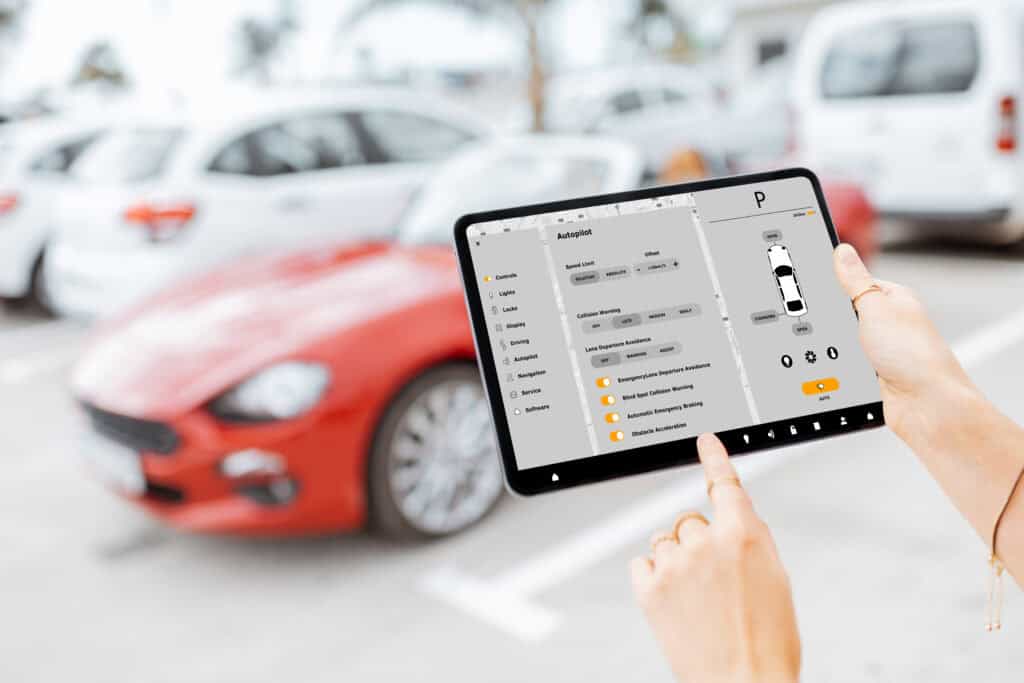
Remote Driving From Abroad ‘Should Be Banned’ – Experts Say
A recent report advising the government has stated that the remote driving of vehicles in the UK whilst outside the country should be banned.
It comes as autonomous commercial vehicles hit UK roads for the first time and trials continue as the potential for driverless vehicles becomes reality.
But The Law Commission, which is an independent body that advises the government, has highlighted its concerns over what it calls a “legal grey area” in remote driving.
Under the current rules, there is nothing specifically preventing someone from controlling an autonomous vehicle that’s operate on a UK road from abroad.
In fact, current legislation doesn’t actually specify that the driver must be inside the vehicle they’re operating – which hasn’t been an issue until now, with the advent of autonomous vehicles presenting a new problem for lawmakers.
Autonomous Vehicle Concerns?
Much of the concern around autonomous vehicles being rolled out in the UK is around how secure the technology and what laws need to be amended or created to account for the changes.
It might seem like a sci-fi movie but with public transport such as London’s DLR already operating without a driver, technology has been rapidly developing to the point where a vehicle on the road without a driver isn’t just possible… it’s happening.
A few weeks ago, autonomous buses ventured out onto our roads for the first time.
Each vehicle is required to have a safety driver will be in place in case of emergencies.
And the autonomous buses will follow a pre-determined route with sensors enabling the automatic system to make decisions without the safety driver intervening. The plan is for the system to be fully operational by the summer, and road tests are a key part of that process.
This is a progression after trials were conducted on private roads and at depots, as well as track tests and virtual simulations which have all been run successfully.
Vehicles that are controlled by a driver outside of the cabin are already in place for specific situations, such as in warehouses, mines, and farms. But the technology has been discussed at length by other businesses such as vehicle rental firms as it could have useful implications.
But imagine a world where rental vehicles and new vehicles could be delivered to customers without the need for a driver to attend from the rental company or vehicle sales depot?
Without doubt, there are useful applications of the driverless technology in business – and fleets could make use of it too.
Of course, the reality with any technology is that it isn’t impervious to technological failure or cyber-attacks.
The risk of a loss of connection between a remote driver and the vehicle could prove fatal for other road users, while the reality of not being in the vehicle could impact the situational awareness of the driver.
The government is now considering the recommendations.
What do you think of driverless vehicles or remote operated vehicles? Would your fleet ever consider them for certain situations? Let us know in the comments below.

